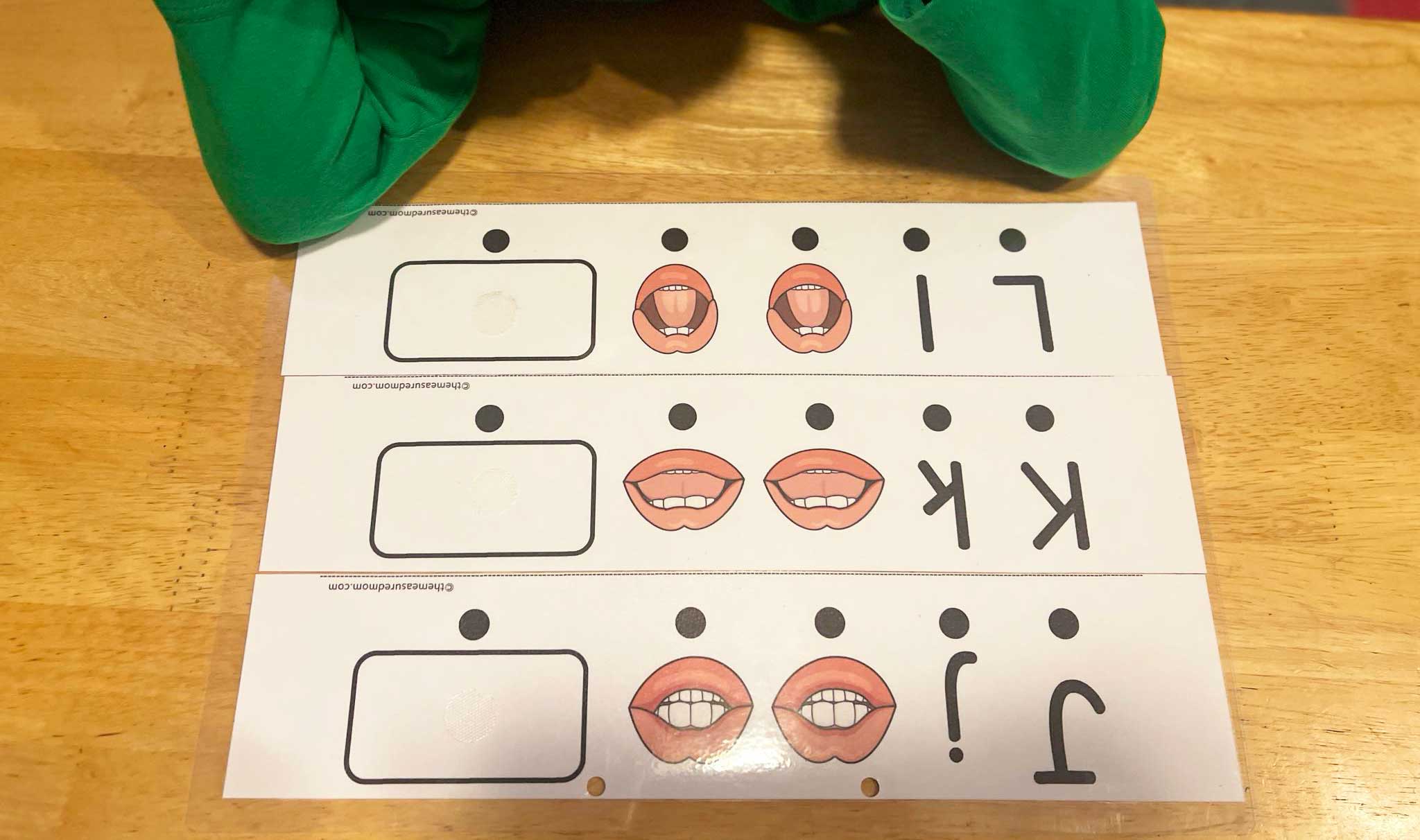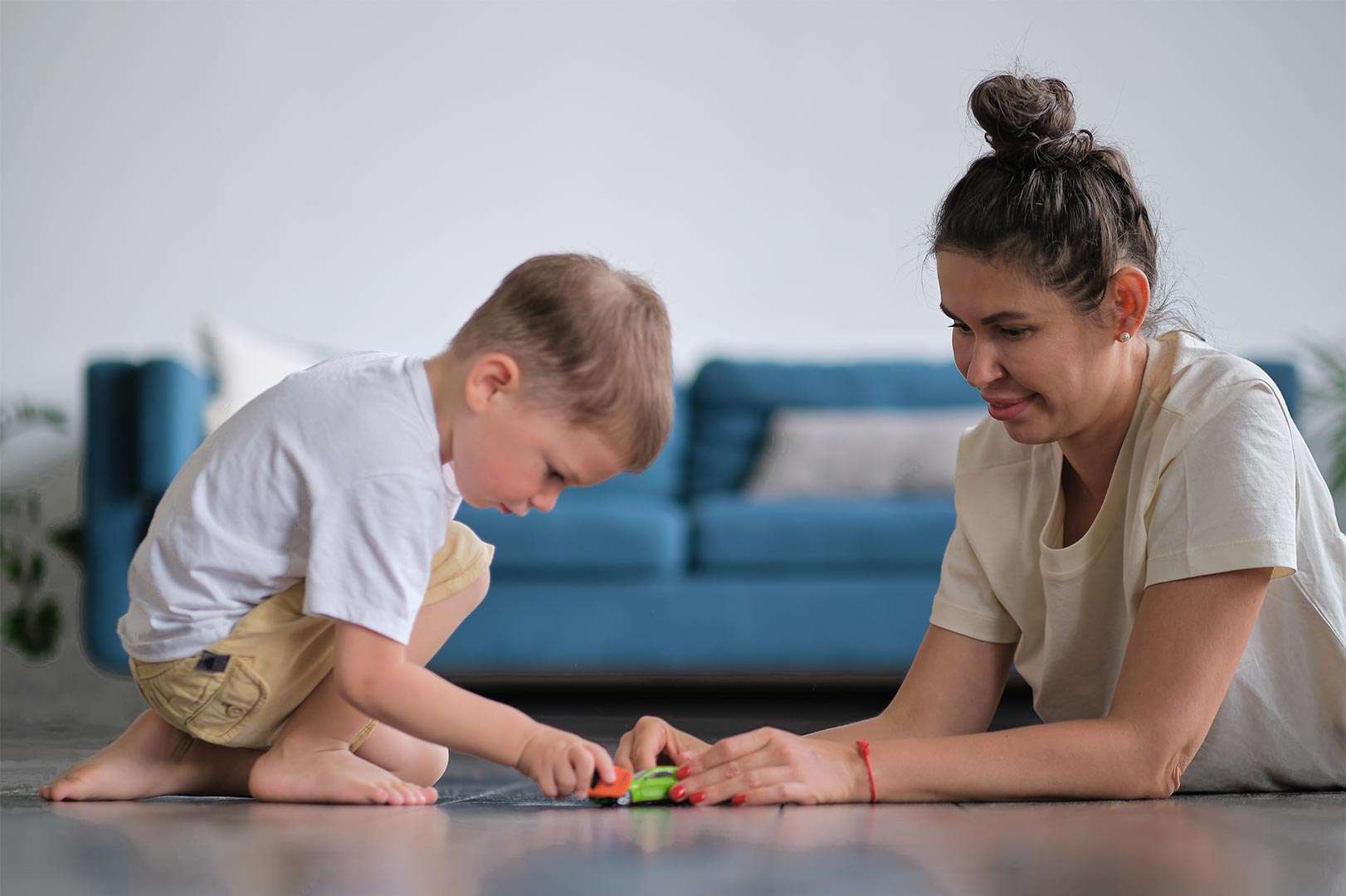Phonics is a method of teaching reading that focuses on the relationship between letters and sounds. It is a valuable skill for all students to learn, but it can be especially beneficial for students with special needs.
Students with special needs may face a variety of challenges when learning phonics, such as difficulty with phonemic awareness, decoding, and spelling. However, with effective teaching and support, all students can learn phonics and develop strong reading skills.
Here are some strategies for teaching phonics to students with special needs:
-
Use a multisensory approach. Multisensory learning engages students in a variety of ways, including through visual, auditory, and kinesthetic activities. This can be especially helpful for students with special needs, who may learn best through multiple modalities.
-
Break down words into their individual sounds. This can be done through activities such as word building, sound matching, and phonemic awareness exercises. For example, you can give students a word and have them break it down into its individual sounds using blocks or other manipulatives.
-
Provide plenty of repetition and practice opportunities. Students with special needs may need more practice than other students to learn and master phonics skills. This can be done through games, activities, and exercises that are designed to be engaging and fun.
-
Use visual cues. Visual cues can help students remember sounds and letters. This can include posters, flashcards, or other visual aids that can be displayed in the classroom. For example, you can create a poster that shows the different letter-sound relationships.
-
Provide individualized instruction. Every student learns differently, so it is important to provide individualized instruction that meets the unique needs of each student. This may involve one-on-one tutoring or small group instruction that is tailored to the student’s specific learning style.
Here are some additional tips for teaching phonics to students with special needs:
-
Make it fun and engaging. Students are more likely to learn when they are having fun. Use games, activities, and songs to make phonics lessons engaging and enjoyable.
-
Be patient and supportive. Learning phonics can be challenging for students with special needs. Be patient and supportive, and offer plenty of encouragement.
-
Collaborate with other professionals. If you are working with a student with special needs, be sure to collaborate with other professionals, such as the student’s special education teacher and speech-language pathologist. This will help you to ensure that the student is receiving the best possible support.
Here are some examples of phonics activities that can be adapted for students with special needs:
- Word building: Give students a set of letters and have them build words using the letters. For students with fine motor difficulties, you can use larger letters or manipulatives such as blocks or magnetic letters.
- Sound matching: Say a sound and have students match the sound to the corresponding letter. For students with visual impairments, you can use tactile materials such as sandpaper letters or braille letters.
- Phonemic awareness exercises: Give students activities that help them to develop phonemic awareness skills, such as segmenting words into individual sounds and identifying rhyming words. For students with auditory processing difficulties, you can provide them with visual or tactile cues to help them distinguish between sounds.
- Phonics games: There are many phonics games available that can be adapted for students with special needs. For example, you can play a game where students race to build a word using letters, or a game where students match sounds to letters.
Find out if your child needs extra support today!
- My child screams hysterically
- My child is mean to other children
- My child is always worried
- My child is scared to go to school
- My child is scared of loud noises
- My child doesn’t know how to read
- My child is scared to play outside
- My child does not respond to his name
- My child always gets in trouble
- My child fights with other children
- My child doesn’t know how to count
If you are concerned about your child’s development, contact us for Assessments: Phone/Telegram: 077.455.993 – Telegram Link: https://t.me/OrbRom
If you are concerned about your child’s development, contact us for Assessments.
Phone/Telegram: 077.455.993 Link: https://t.me/OrbRom






Leave A Comment